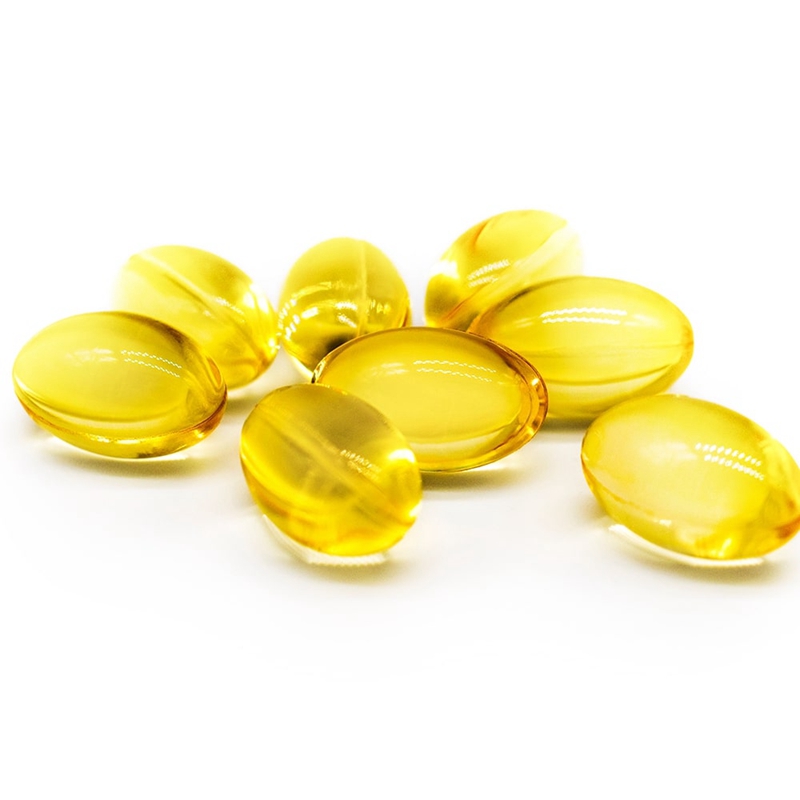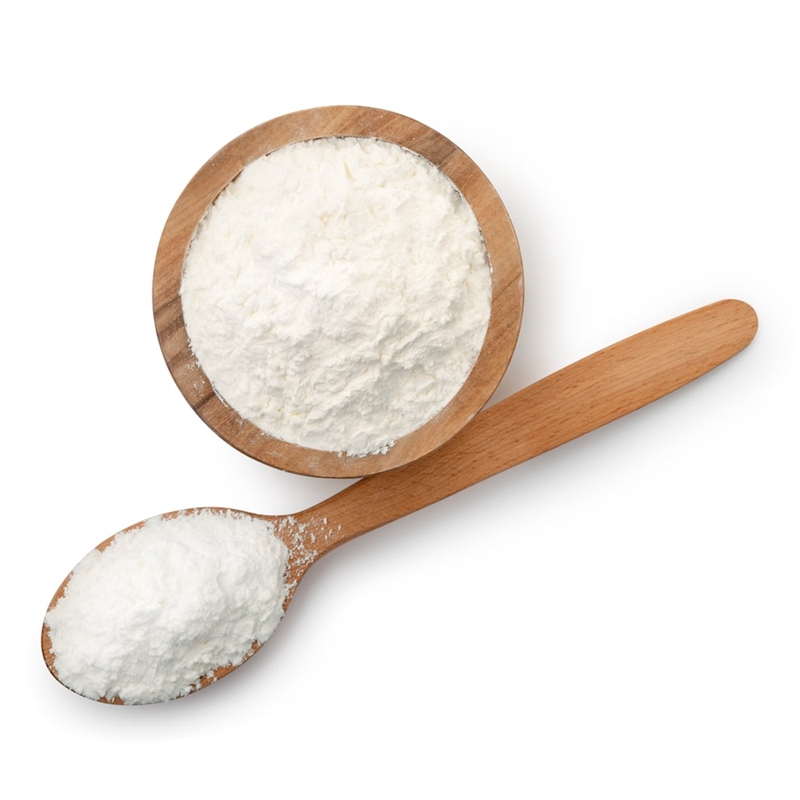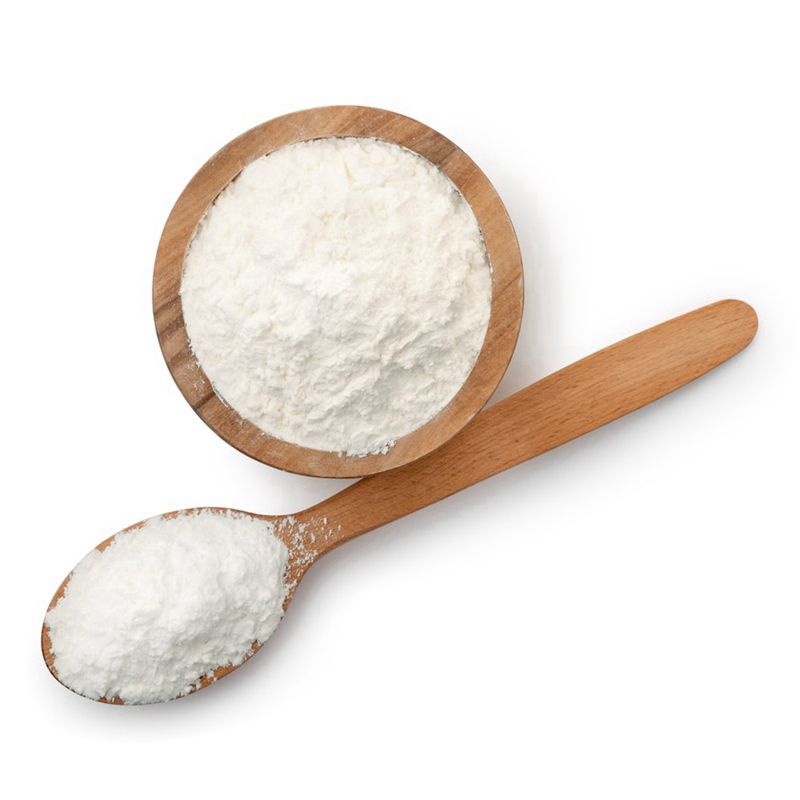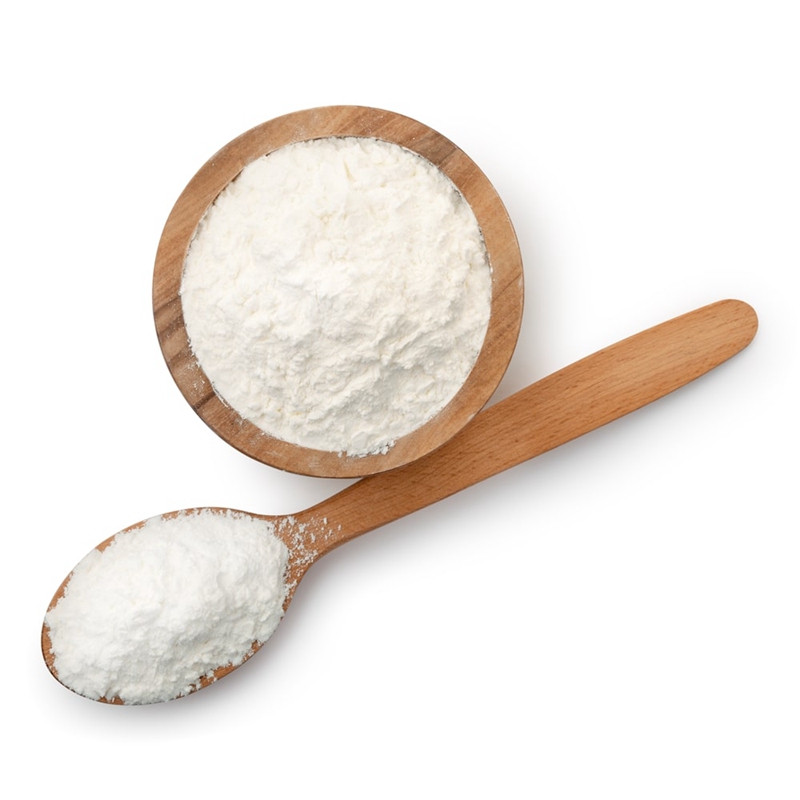
Best-Selling Best Multivitamin For Men - Wholesale Factory Supplier Adults Kids Supplement Vegan Vitamin C Gummy – Justgood

Best-Selling Best Multivitamin For Men - Wholesale Factory Supplier Adults Kids Supplement Vegan Vitamin C Gummy – Justgood Detail:
| Molecular weight | 176.12 | |
| EINECS no. | 200-066-2 | |
| Melting point | 190-194 °C (dec.) | |
| Boiling point | 227.71°C (rough estimate) | |
| Specific rotation | 20.5 º (c=10, H2O) | |
| Density | 1.65g/cm3 | |
| Refractive index | 21 ° (C=10, H2O) |
Vitamin C, also known as ascorbic acid, is necessary for the growth, development and repair of all body tissues. It’s involved in many body functions, including formation of collagen, absorption of iron, the immune system, wound healing, and the maintenance of cartilage, bones, and teeth.
Vitamin C has benefits that range from boosting your immune system to improving cardiovascular health and increasing iron absorption. Vitamin C is necessary for tissue growth, development, and repair. Importantly, as an antioxidant, it helps protect your cells from free radicals (unstable molecules that can cause cell damage).
Vitamin C appears to play a lot of important roles in your body. The most beneficial aspect may be its antioxidant activity.
Vitamin C is an antioxidant, meaning it’s one of many natural substances that may help treat, slow, or prevent some health problems. They do this by neutralizing free radicals, which are unstable molecules that can damage cells and cause disease.
Your body cannot produce vitamin C and must get it through diet. Vitamin C–rich foods include citrus fruits, berries, broccoli, cabbage, peppers, potatoes, and tomatoes. Vitamin C supplements are available as capsules, chewable tablets, and powder that is added to water.

Product detail pictures:

Related Product Guide:
We always continually offer you by far the most conscientious customer service, and the widest variety of designs and styles with finest materials. These attempts include the availability of customized designs with speed and dispatch for Best-Selling Best Multivitamin For Men - Wholesale Factory Supplier Adults Kids Supplement Vegan Vitamin C Gummy – Justgood , The product will supply to all over the world, such as: Estonia, Jamaica, Libya, What You Need Is What We Pursue.We are sure our products will bring you first class quality.And now sincerely hope to promote partner friendship with you from all over the world. Let's joint hands to cooperate with mutual benefits!
Sales manager is very enthusiastic and professional, gave us a great concessions and product quality is very good,thank you very much!







